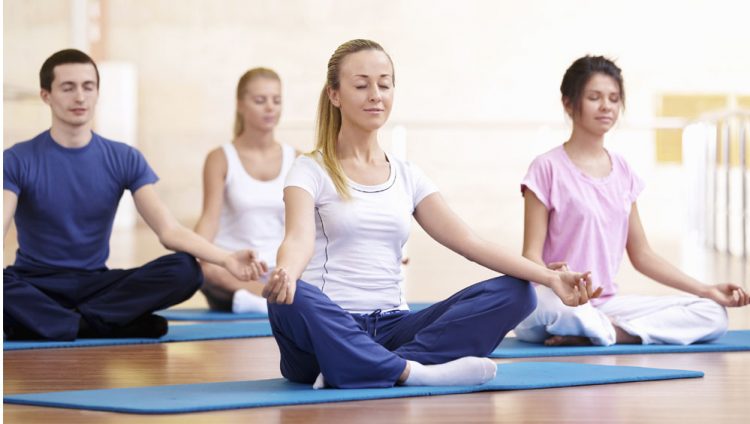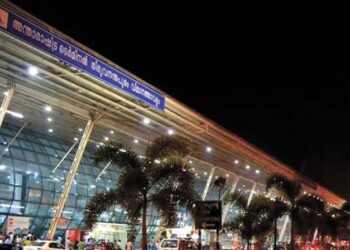New Delhi: Education is a subject in the Concurrent List of the Constitution and majority of schools are under the jurisdiction of the State/Union Territory Governments and it is for the respective State/Union Territory Government to take a decision regarding inclusion of Yoga in the teaching curriculum for their schools.
Central Board of Secondary Education (CBSE) has made Health and Physical Education compulsory in all classes from I-XII for its affiliated schools. It has been advised to schools that Health and Physical Education includes three areas i.e. Health Education, Physical Education and Yoga and all three areas are essential to achieve holistic health (physical, mental, intellectual, emotional, social and spiritual).
National Curriculum Framework (NCF), 2005 recommended Yoga as an integral part of Health and Physical Education. Health and Physical Education is a compulsory subject from Class I to Class X and optional from Class XI to XII. The National Council of Educational Research and Training (NCERT) has already developed integrated syllabi on Health and Physical Education from Class I to Class X.
The Government has also included Yoga training in the “Study in India” programme to encourage Yoga seekers from abroad to obtain authentic Yoga training in India. University Grants Commission (UGC) has approved the establishment of an Inter University Centre-Yogic Science at Bengaluru and introduced Yoga as a new National Eligibility Test (NET) subject from January 2017 UGC-NET onwards. Further, in order to promote Yoga in the country, Yoga Departments have been established in nine Central Universities.
NCERT organized Yoga Olympiad across the country at various levels, schools from states and UTs, Kendriya Vidyalaya Sangathan (KVS), Navodaya Vidyalaya Samiti (NVS) and Central Board of Secondary Education (CBSE) schools participated in the Yoga Olympiad, culminating in the National Yoga Olympiad on 18th to 20thJune, 2019 at NCERT, New Delhi. The valedictory function was held at New Delhi, wherein Prizes were awarded to the winning teams.
The Government has set up a Yoga Certification Board (YCB) to standardize and strengthen Yoga training by providing certification to individuals and accreditation to Institutions. This is a significant step in spreading Yoga in India and other countries. Under the Information Education and Communication (IEC) Scheme of the AYUSH Ministry, many activities are taken up to reach out to people and to create awareness about Yoga. IEC activities include programs on TV, Radio, Print-media, seminar, Arogya Fairs, Seminars/ Conference/ Workshops to create awareness about Yoga among the people.
Indian Missions in foreign countries, the Indian Council for Cultural Relations (ICCR) and the Ministry of Tourism take up a series of activities every year to promote Yoga world-wide, the highlights of which are the Mass Yoga Demonstrations organized at on the International Day of Yoga in different cities across the world including iconic locations Eiffel Tower, Times Square etc.
National Institute of Naturopathy, an Institute under Ministry of AYUSH, conducts on an average 16 outreach activities every month to popularize Yoga and Naturopathy, some of which are held in villages near Pune. Under National AYUSH Mission, financial assistance is provided to States and Union Territories for setting up AYUSH wellness Centres, in which Yoga is an important component.
In addition, Morarji Desai National Institute of Yoga is an autonomous organisation under Ministry of AYUSH, Government of India. MDNIY is a focal Institute for Planning, Training, Promotion and Coordination of Yoga Education, Training, Therapy and Research in all its aspects. MDNIY aims to promote deeper understanding of Yoga philosophy and practices based on classical Yoga amongst people.













